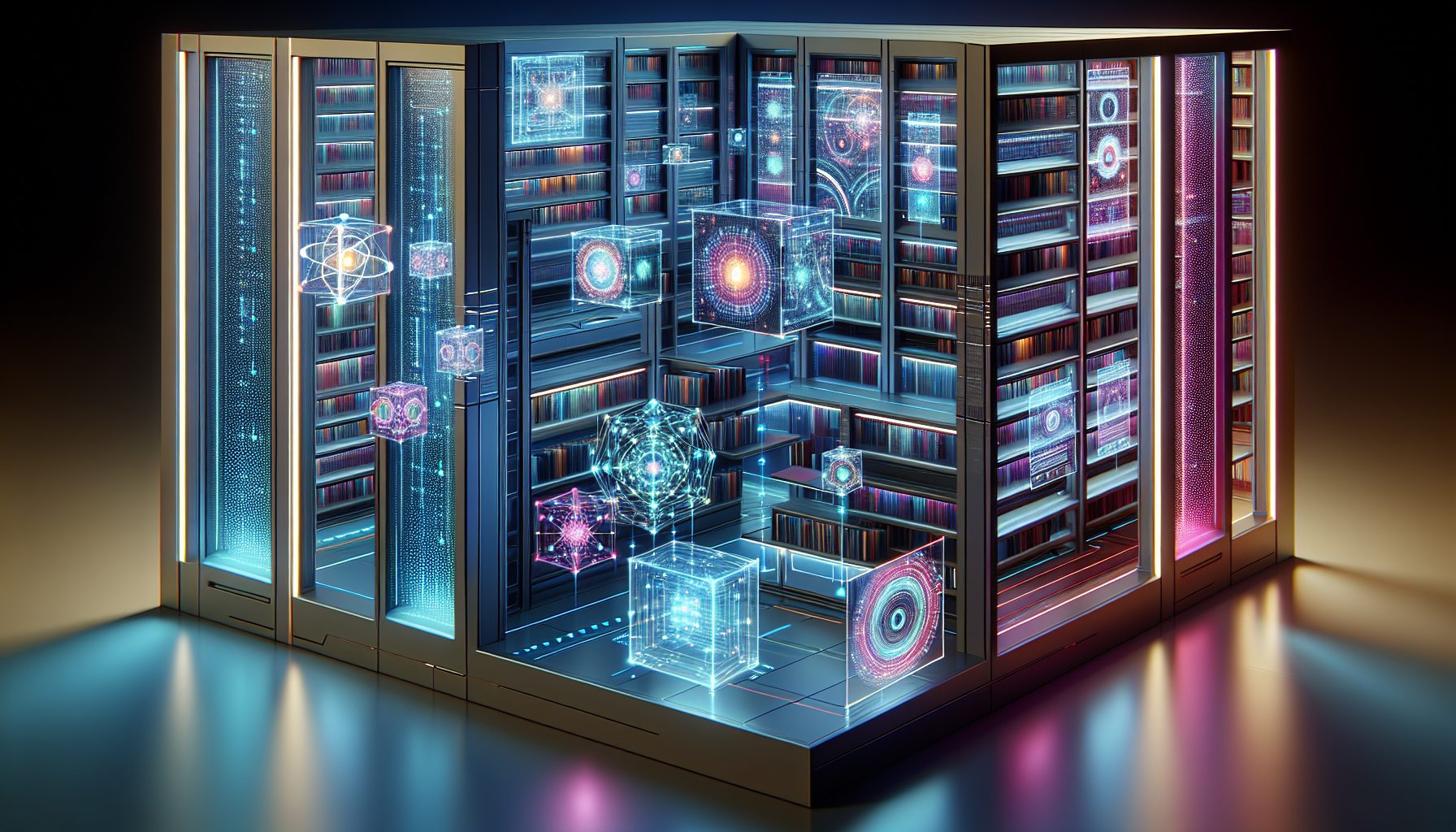It is becoming clear that AGI is going to be as jagged as everything else about AI. We will see superhuman ability at narrow tasks happen one by one, with obvious gaps or lags in many others. When a “universal AGI” will happen is unclear, but a Jagged AGI-ish world seems likely.
— Ethan Mollick (@emollick) September 12, 2024
Researchers have revealed a potential breakthrough in artificial intelligence (AI) that could lead to the creation of superhuman AI systems. The key lies in unlocking the brain’s “neural code,” which is believed to be the foundation of human intelligence. Eitan Michael Azoff, an AI analyst with the Taylor and Francis Group, explains that the superior intelligence of humans is tied to the neural code that makes our brains work.
My general intuition about human intelligence is that spending more time on a problem will yield roughly linear improvement as a function of solution complexity (e.g. program length), within some complexity bound.
That's what I see in software engineering, in particular. With 2x…
— François Chollet (@fchollet) September 14, 2024
If scientists can crack this code, they could replicate it to develop AI systems that are faster, better, and more capable than current technology. One of the main advantages of the human brain is its ability to process data much faster than any existing processor. This has prompted researchers to explore ways to combine the mechanical power of machines and AI with the processing power of the human brain.
The goal is to enhance AI processors with the brain’s efficiency, potentially leading to the development of superhuman AI.
OpenAI releases Strwaberry🍓
o1 is a new series of AI models that are designed to spend more time thinking.
These models are great for reasoning harder complex problems in science, coding and math
see more ⬇️
— Linus ●ᴗ● Ekenstam (@LinusEkenstam) September 12, 2024
Unlocking the neural code
Azoff suggests that creating computer simulations of a virtual brain that can emulate consciousness, without self-awareness, could be an important first step.
Intelligence will be cheap & plentiful.
Progress will be impactful & lasting.
And the world will be joyful & prosperous.
The AI Abundance Age has begun.
— Mckay Wrigley (@mckaywrigley) September 12, 2024
Such AI systems could predict possible events more accurately and recall past incidents with greater clarity, enabling more advanced visual thinking. Currently, AI relies on large language models (LLMs) like GPT-4 and Gemini, which are skilled at generating human-like text but do not “think” in the same way as humans. By understanding how the human brain processes data, AI could achieve a new level of cognitive function and possibly think independently.
While the development of such advanced AI is still in its early stages, the potential impact is significant. If successful, it could revolutionize various fields by surpassing the limitations of current technology. The discussion around combining human cognitive ability with AI processing power continues, highlighting both the incredible potential and the significant concerns involved in this groundbreaking research.









